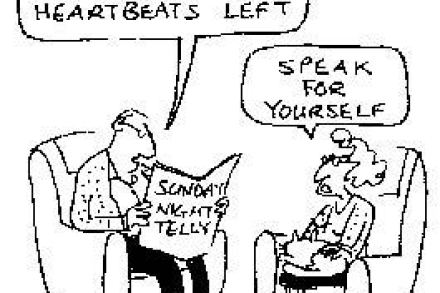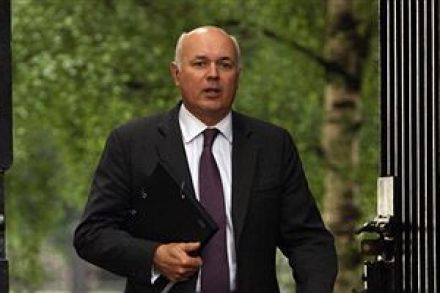Welcome to the age of sleb politics
Is the hip hop artist Wyclef Jean the right sort of person to run Haiti? He has announced that he will run for the country’s presidential election as the candidate of the Viv Ansanm (Live Together) party. Wyclef is wanted in the United States, where he made his fortune, on tax avoidance issues. The IRS is claiming $2.1 million in back taxes from him. Added to that there are allegations that he salted away an estimated $400,000 from a charity he set up to, er, relieve the suffering in Haiti following the earthquake which struck the benighted country in January this year. In fact ‘salted away’ is not the technical













